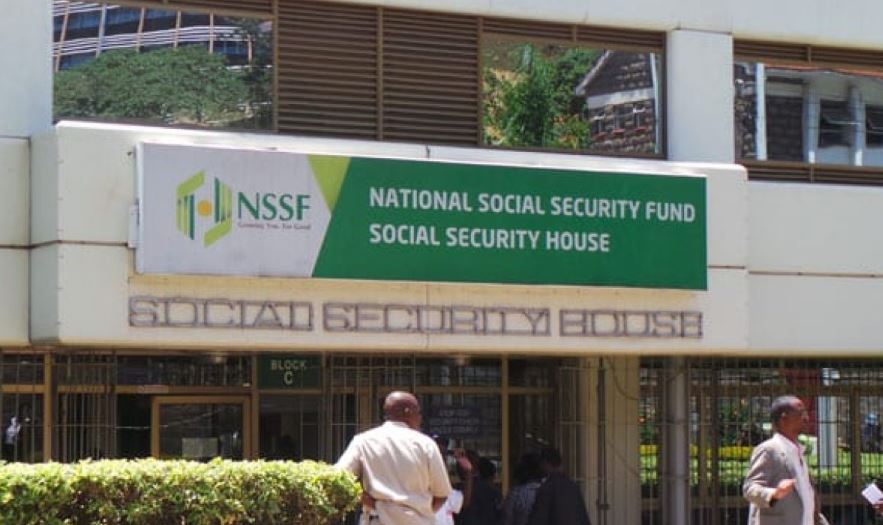
A recent notice by the pensions body reveals that the deductions will range between Ksh.420 and Ksh.1,740, depending on the employee’s salary. The increase is a result of adjustments to the lower and upper earnings limits for pensionable salaries.
The lower earnings limit, which is the minimum pensionable salary, has been revised upwards from Ksh.6,000 to Ksh.7,000.
Employees falling within this category will see their contributions increase from the current Ksh.360 to Ksh.420.
On the other hand, the upper earnings limit has been raised from Ksh.18,000 to Ksh.29,000. Consequently, workers earning within this bracket will now contribute Ksh.1,740, a rise from the previous Ksh.1,080.
Just like before, each employee’s contribution will be matched by their employer.
This adjustment is part of a new deduction plan initiated last year by NSSF, which aims to progressively increase rates over a five-year period.
This plan was set in motion following the enactment of the NSSF ACT in 2013, which called for a six percent deduction from workers’ salaries each month.
Although the new contribution rates were initially slated for implementation in 2014, legal challenges delayed their execution. The Court of Appeal eventually sanctioned the new deductions in a judgment delivered in September 2022.
The first phase of this new deduction scheme began last year, with NSSF setting the lower earnings limit at Ksh.6,000 and the upper limit at Ksh.18,000, as announced in a public notice in January.
A table from the NSSF Act 2013 shows that the lower earnings limit is expected to reach Ksh.8,000 by 2025, with the upper limit set to double the national average earnings to improve savings for Kenyans.
From the fifth year onwards, the Labour Cabinet Secretary is expected to announce new rates, taking into account the prevailing minimum monthly wage.
However, there are questions about how the current minimum wage will influence these adjustments.
The lower earnings limit set last year at Ksh.6,000 was based on the minimum wage of 2013. With the minimum wage having increased since then, it is yet to be determined how this will be factored into the NSSF and the Ministry of Labour’s future rate determinations.









